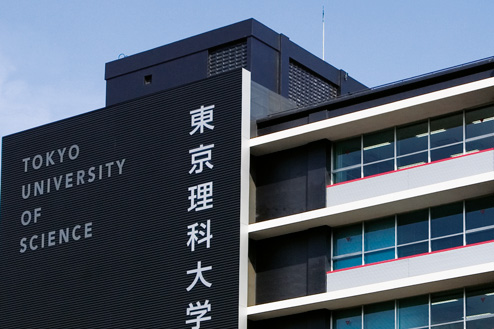Divorce
To be a granted a divorce while living in Tokyo, at least one of the parties involved must be a legal resident. The most basic type of divorce is by mutual agreement, known as a ‘ward office divorce’. This is possible if your spouse is a Japanese national and can be applied for at your local ward office. The form must be signed and/or stamped by both parties and accompanied by the marriage certificate and resident card (for the non-Japanese party) and family register (for the Japanese side). Only one party needs to be present to submit the application.
In cases where neither party is Japanese, there is no mutual agreement, or it involves child-custody or alimony payments, it will go to the family or district court. If a mediated consent cannot be arrived at through the family court, the district court will make the decision. Both parties need to complete and sign a Divorce Registration Form, along with two witnesses over 20 years of age, and present a Resident Register, a copy of the marriage certificate, original passport, Certificate of Alien Registration card, and the required revenue stamps. If children under 20 years are involved, you must also provide their birth certificates, and in some cases those of both parents. All non-Japanese documents must be translated. Check with your embassy if Japanese divorces are valid or if they need to be registered in your home country.
There are many qualified divorce lawyers in Tokyo and it pays to hire one. A good lawyer well versed in international law will be able to tell you if it is more beneficial for you to get divorced outside of Japan and can help with visa concerns. In general, child-custody is awarded to one parent, usually the mother. If one parent is a Japanese national the courts tend to award custody to them, unless proven that this is not in the child’s best interests. Maintenance payments are generally awarded to wives.













